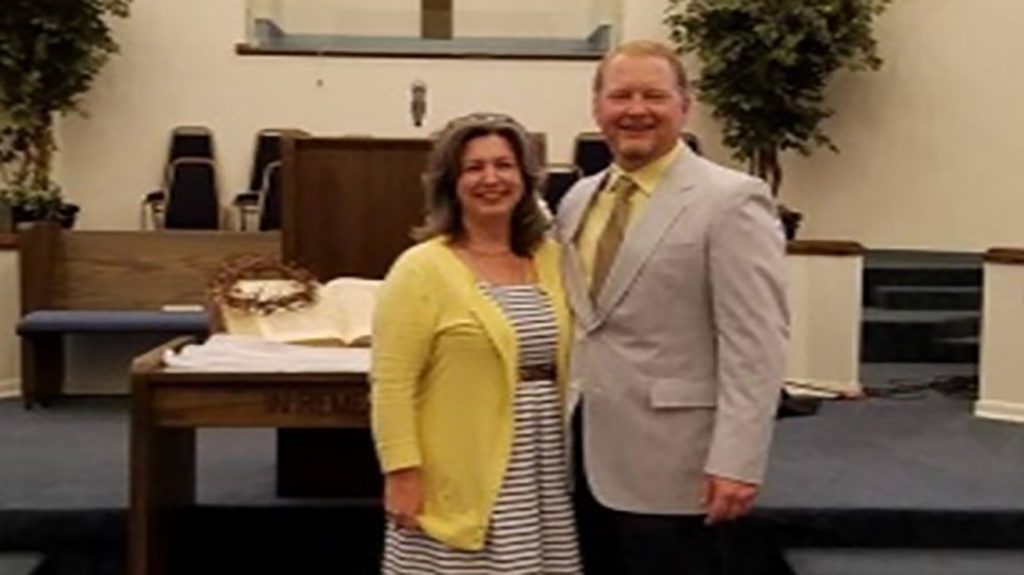In previous installments in this series we have offered a foundational declaration of what a healthy church is. We followed with an assertion that a healthy church reflects a method of operation that is intentional rather than incidental or accidental. Our attention turns now to a consideration of two basic commitments that optimally healthy churches have in common.
On a hillside in Galilee Jesus declared what we call the Great Commission (Matt. 28:18–20). Before we recite it as so often we do, we should remind ourselves that in the design of God, the Great Commission is not only the declaration of our Lord, it is His expectation as well.
And Jesus came and spoke to them, saying, “All authority has been given to Me in heaven and on earth. Go therefore to make disciples of all the nations, baptizing them in the name of the Father and the Son and the Holy Spirit, teaching them to observe all things that I have commanded you; and lo, I am with you always, even to the end of the age.” Amen.
Attention should be given to the “all’s” of the amazing declaration. Jesus affirmed His total authority with absolutely nothing outside the realm of His Lordship. Jesus clearly indicated that we should reach all the nations — we are talking about everyone in all the world. Jesus expressed His intention that we make disciples by teaching them to be obedient to all His commands. And Jesus promised to be with us always while we do this amazing thing.
While we listen to loud “amen’s” for the Great Commission we should also listen for the shuffle of feet that are going.
We should be able to observe lives that are revealing and we should hear from lips that are telling the good news. We know what the commission is and we know what we should do. Yet, sometimes our “knowledge” and our “actions” haven’t been placed in the same equation.
Our worldwide missions mandate has remained unfulfilled. And we are losing ground at an ever accelerating pace. Why is that true? What has happened in our pursuit of the harvest?
Permit me to submit an answer for your consideration. If this is the correct answer, we can take action immediately to reverse the slide. Quite a bold claim, you say? Indeed, it is a bold claim. So, consider this proposition.
When Jesus was asked about the “first” commandment, the most important issue of all, He responded with a profound declaration. We call it the Great Commandment.
“The first of all the commandments is: ‘Hear, O Israel, the Lord our God, the Lord is one. And you shall love the Lord your God with all your heart, with all your soul, with all your mind, and with all your strength.’ This is the first commandment. And the second, like it, ‘You shall love your neighbor as yourself.’ There is no other commandment greater than these” (Mark 12:29–31).
Did you see the “all’s” in that passage? Our neglect of and failure to obey the Great Commandment has resulted in our limited fulfillment of the Great Commission.
Love for God must be the first pursuit of every individual and every church. Jesus was asked what comes first, what is the priority. Jesus clearly and openly expressed that genuine acknowledgement and affection for God topped the list. Love for God is absolutely essential for individual health and for church health.
I have often done an informal poll to help churches consider the love question. I ask for a show of hands of those who are grandparents. All grandparents present quickly lift their hands in obvious pride with thoughts immediately coming to mind of their beautiful heirs.
The question is then expanded to include great-grandparents. After these smiling people have lowered their hands, all parents are asked to show an indication of their parenthood by also lifting their hands.
I then ask, “How many of you would tell me about your grandchildren, or great-grandchildren or children if I asked you?” Without hesitation, all who have lifted their hands nod in affirmation. Everyone is willing. In fact, we affirm that we will talk about those precious people whether requested to do so or not. Just give us a chance.
The follow-up question drives home the point of the exercise and teaches an obvious lesson. “Why are you so willing to talk about your grandchildren, or great-grandchildren or children?” In one refrain everyone declares, “Because we love them.”
Do we love God that way? Do we love God so much that we talk about Him at any opportunity? Do we have a spontaneous overflow that seeks an audience with anyone who will pause to listen? In all honesty, we probably do not.
In our next installment, we will consider four focus concerns that will help us to cultivate such an unstoppable love. Stay tuned.
Editor’s Note — Edwin Jenkins is director of leadership and church growth for the Alabama Baptist State Board of Missions.





Share with others: